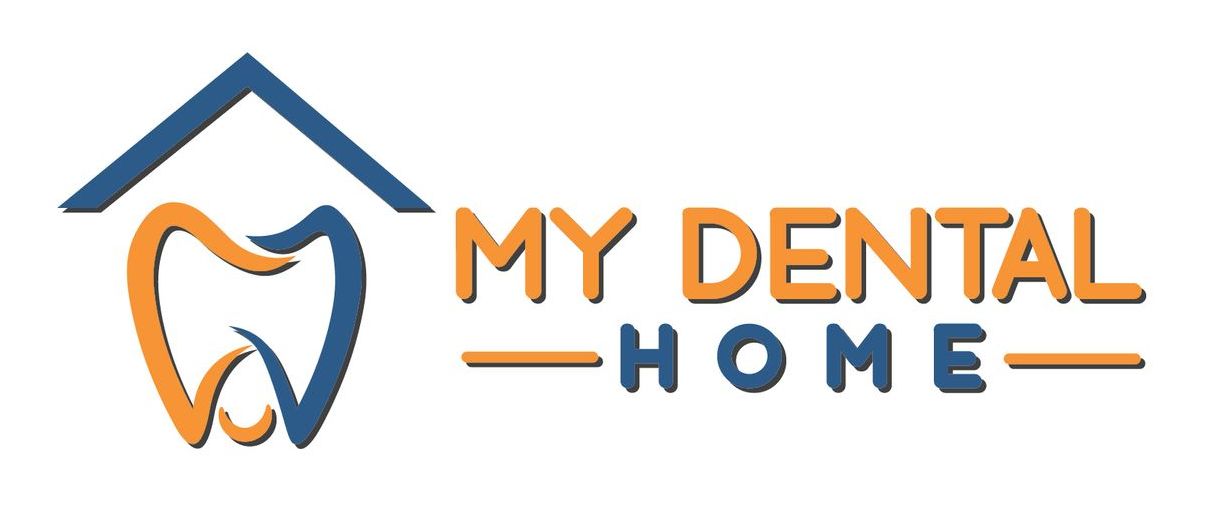Dental Emergencies in Children: What Parents Should Do
As parents, we all strive to keep our children safe, but accidents can still happen, especially when it comes to their teeth. Dental emergencies in children can occur unexpectedly, from falls to sports injuries. Knowing how to respond quickly and effectively can make all the difference in managing the situation and ensuring your child’s dental health remains intact.
In situations where a dental emergency arises, having a clear plan can minimize stress for both you and your child. Knowing common dental emergencies and how to respond helps parents act confidently and quickly. This guide aims to provide you with the necessary information to handle dental emergencies efficiently—whether it’s a knocked-out tooth, a painful crack, or a severe toothache.
Being well-informed not only helps in managing emergencies but also in preventing them. We'll cover some practical tips to reduce the risk of dental accidents and explain when it’s essential to seek professional dental care after an emergency. With this information, parents can confidently address their child’s dental care needs in emergencies.
Common Types of Dental Emergencies in Children
Children can face a variety of dental emergencies, and it’s essential to know what they are. One common issue is a knocked-out tooth, which often happens during play or sports. If this occurs, it’s critical to act quickly to save the tooth. Another frequent emergency is a broken or chipped tooth, which can happen from biting on something hard or a fall. This can cause pain and make eating difficult.
Toothaches are also a common emergency. They can result from cavities, infections, or even a piece of food stuck between teeth. Severe toothaches can lead to swelling and fever, indicating a more serious problem. Lastly, dental abscesses, which are infections at the root of a tooth or between the gum and a tooth, need immediate attention. An abscess can cause severe pain, swelling, and can spread if left untreated.
Immediate Steps to Take During a Dental Emergency
Knowing what to do during a dental emergency can make all the difference. For a knocked-out tooth, try to find the tooth and pick it up by the crown, not the root. Rinse it gently with water and, if possible, place it back in the socket. If this isn’t possible, keep the tooth in a container of milk or salt water and head to a dentist immediately.
For a broken or chipped tooth, rinse your child’s mouth with warm water to clean the area. If there is any swelling, apply a cold compress to the outside of the mouth or cheek. Save any pieces of the tooth and bring them to the dentist.
In cases of severe toothache, first rinse the mouth with warm water to clean it out. Use dental floss to remove any trapped food. If there is swelling, apply a cold compress and give your child the appropriate dose of pain relief medication. Avoid placing aspirin directly on the aching tooth or gums, as this can burn the gum tissue.
Finally, if your child has a dental abscess, rinse their mouth with salt water several times a day to help reduce pain and draw the infection to the surface. However, seeing a dentist as soon as possible is crucial in these situations.
How to Prevent Dental Emergencies in Kids
Prevention is always better than treatment, especially when it comes to dental emergencies. One of the simplest preventive measures is ensuring your child wears a mouthguard during sports or physical activities. Mouthguards cushion impacts and help protect against broken teeth and other injuries. Custom-fitted mouthguards offer the best protection and comfort.
Teaching your child proper dental hygiene is another crucial step. Regular brushing, flossing, and dental check-ups can keep their teeth strong and reduce the risk of cavities and infections, which can lead to unexpected dental issues. Make sure they maintain a balanced diet that limits sugary snacks and drinks, as these can weaken teeth and lead to decay.
Education plays an essential role in prevention. Teach your children the importance of not using their teeth to open packages or bite on hard objects like ice or pens, which can easily cause fractures or chips. Emphasize the importance of oral health and create a safe environment for them to follow these practices consistently.
When to See a Dentist After an Emergency
Knowing when to see a dentist after a dental emergency can make a big difference in the outcome. If your child experiences severe pain, swelling, or has a knocked-out or broken tooth, it's important to visit a dentist right away. Immediate care can save the tooth and prevent further complications.
For less severe issues, such as a mild toothache or a small chip, it's still a good idea to schedule an appointment to ensure there aren't underlying problems. Dental abscesses also require quick attention, as they can spread infection. If your child has any injury that involves cuts to the mouth or gums, a dentist should evaluate the injury to determine the extent of care needed.
Early treatment often means simpler and more effective care. Regular follow-ups after an emergency can also help monitor healing and prevent future issues. By staying vigilant and seeking timely dental care, we can ensure our children maintain their oral health even after an emergency.
Conclusion
Dental emergencies can be alarming, but being prepared and knowing how to react can make all the difference. Recognizing common types of dental emergencies, taking immediate steps to manage them, preventing future occurrences, and knowing when to seek professional help are all vital components of effective dental care for kids.
At My Dental Home, we are committed to helping parents navigate these emergencies smoothly and ensuring children receive the best possible dental care. Our focus is on providing expert guidance, efficient treatment, and ongoing support to maintain our children’s oral health.
Book an appointment at My Dental Home for emergency care or routine check-ups to maintain your child's dental health. Let’s work together to keep those smiles healthy and bright!
Contact Us
Business Hours
- Monday
- Closed
- Tue, Fri
- -
- Wed - Thu
- -
- Sat - Sun
- Closed
Contact Us
Business Hours
- Monday
- Closed
- Tue, Fri
- -
- Wed - Thu
- -
- Sat - Sun
- Closed
All Rights Reserved | Energize Group

